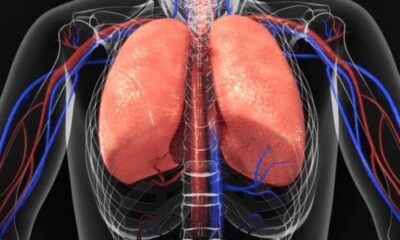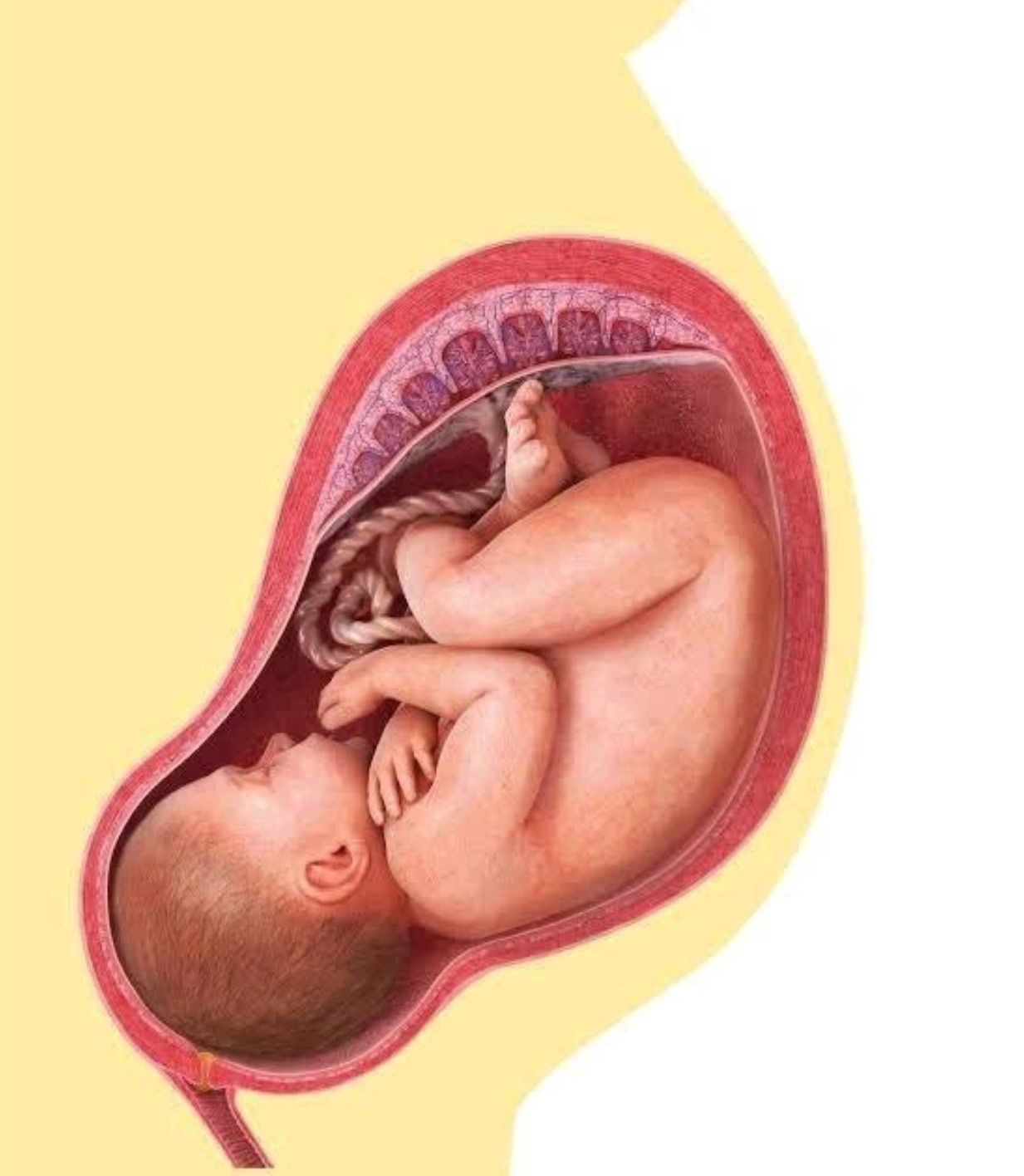One of the earliest signs of HIV infection is a condition known as acute retroviral syndrome (ARS) or primary HIV infection. This often manifests within two to four weeks after exposure to the virus. The symptoms are similar to those of the flu and can last from a few days to several weeks. They include: Fever: One of the most common symptoms, which may be accompanied by night sweats.Fatigue: A profound sense of tiredness and lack of energy that is not relieved by rest.
Swollen Lymph Nodes: Particularly in the neck, armpits, or groin, as the body’s immune system responds to the infection.Sore Throat: Persistent and painful, often without other respiratory symptoms.Muscle and Joint Pain: Generalized aches and pains that are often mistaken for other viral infections.
Rash: Typically, a non-itchy rash that can appear on the torso and occasionally on other parts of the body.
These symptoms are often mistaken for a common cold or flu, which can delay diagnosis. However, if these symptoms occur after a potential exposure to HIV, such as unprotected sex or sharing needles, it is crucial to seek medical attention and get tested for HIV. READ FULL STORY HERE>>>CLICK HERE TO CONTINUE READING>>>
2. Chronic Diarrhea and Rapid Weight Loss: As HIV progresses, the immune system becomes increasingly compromised, making the body more susceptible to opportunistic infections and other health complications. Two significant signs during this stage are chronic diarrhea and rapid weight loss:
Chronic Diarrhea: Persistent diarrhea that lasts for more than a month is a common symptom of advanced HIV infection. This condition is often caused by infections that take advantage of the weakened immune system, such as Cryptosporidium, Microsporidia, and Cytomegalovirus. Chronic diarrhea can lead to severe dehydration and malnutrition, exacerbating the individual’s health decline. Rapid Weight Loss: Known as HIV wasting syndrome, rapid and unexplained weight loss is a hallmark of AIDS. This condition is characterized by a loss of at least 10% of body weight, often accompanied by chronic weakness and fever. Wasting can occur even with adequate food intake, as the body fails to absorb nutrients properly due to the damage inflicted on the gastrointestinal system by HIV and opportunistic infections.
3. Persistent Cough and Shortness of Breath : Respiratory symptoms are also common in people with HIV/AIDS, especially as the disease progresses. These symptoms include:
Persistent Cough: A chronic cough that lasts more than a month, which may be dry or productive, is a sign that the immune system is struggling. This symptom can result from a variety of causes, including bacterial infections, tuberculosis (TB), and fungal infections like Pneumocystis pneumonia (PCP).
Shortness of Breath: Difficulty breathing, especially during physical exertion, is another serious symptom. This can be due to lung infections, pulmonary hypertension, or conditions like PCP, which specifically target individuals with weakened immune systems. Both persistent cough and shortness of breath warrant immediate medical attention, particularly if accompanied by other symptoms of HIV/AIDS. Early intervention can prevent the progression of severe respiratory complications and improve the overall prognosis.Conclusion Recognizing the signs of HIV/AIDS early can significantly impact the course of the disease and the effectiveness of treatment. Persistent flu-like symptoms, chronic diarrhea and rapid weight loss, and respiratory issues like persistent cough and shortness of breath are key indicators that should not be ignored. If you experience any of these symptoms, particularly after potential exposure to HIV, seek medical advice and testing immediately. Early diagnosis and treatment can lead to better health outcomes and reduce the risk of transmitting the virus to others. Understanding these signs empowers individuals to take proactive steps in managing their health and preventing the spread of HIV/AIDS.


 IN-THE-NEWS9 months ago
IN-THE-NEWS9 months ago
 IN-THE-NEWS10 months ago
IN-THE-NEWS10 months ago
 METRO9 months ago
METRO9 months ago
 SPORTS9 months ago
SPORTS9 months ago
 IN-THE-NEWS10 months ago
IN-THE-NEWS10 months ago
 SPORTS6 months ago
SPORTS6 months ago
 HEALTH & LIFESTYLE9 months ago
HEALTH & LIFESTYLE9 months ago


